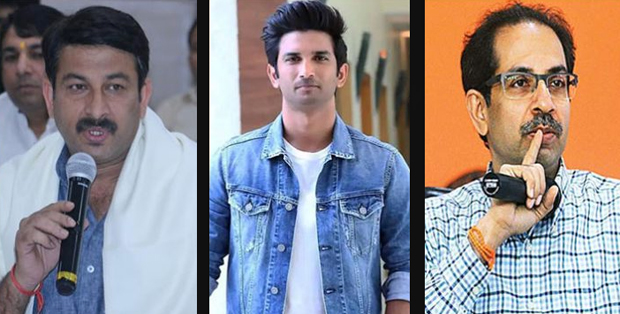New Delhi, Oct 6: Deepika Padukone said Friday that #MeToo movement is about the victory of right over wrong and should not be reduced to men versus women.
When asked about the #MeToo movement in the light of Tanushree Dutta's allegations of harassment against Nana Patekar, Padukone said, "For me, the #MeToo movement is not about gender. It is about the victory of right over wrong."
"Anyone who faces any kind of discrimination or any sort of abuse, I think we as people must support that person. It is not about a woman or a man or about female vs men. Let's not complicate or get confused in that conversation. I think the #MeToo should not be only about gender. It's about right vs wrong," she said at the Hindustan Times Leadership Summit 2018 here.
Actor Ranveer Singh, who had accompanied Padukone to the event and shared the dais with her, said he condemns harassment in every form.
"Harassment per se is just wrong. Harassment of anyone, women, men or any person being harassed is wrong, whether it is in the workplace, public place, street or at home. It is wrong. Right now there is something that has happened. There is all kind of speculation.
"But if it has happened, then it takes a lot of courage for somebody to come out and speak about it. You know you have been through some very disturbing experience. It takes courage to speak publicly about it. Therefore you must consider what this person is saying... If it has happened, it is absolutely wrong and I condemn it emphatically," Ranveer said.
Dutta has accused Patekar of misbehaviour on the sets of a 2008 movie. He has denied the allegations and has slapped her with a notice.






Comments
Add new comment